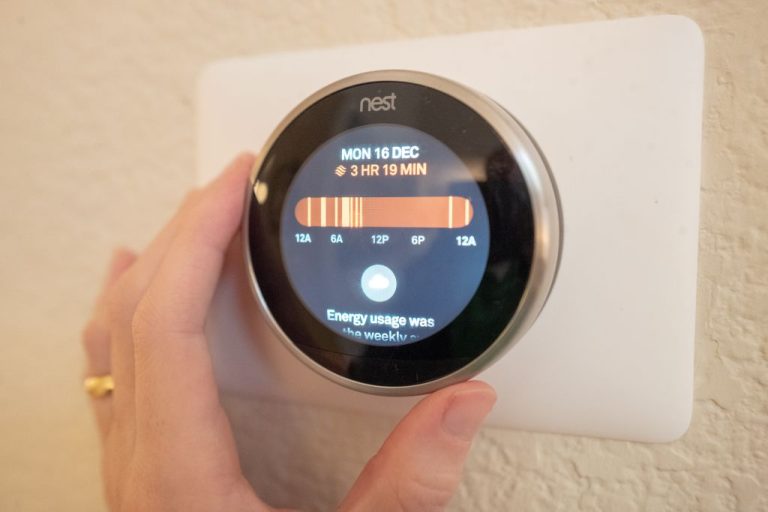Smart homes don’t live up to their promise to make life more pleasant, but instead turn life into a nerve wracking living nightmare—at least, that’s what a frustrated homeowner relates.
“When things are running perfectly, you can catch a glimpse of comfort and convenience,” smart home resident Simon Hill assured us in an article on Wired. “But when issues crop up—which they frequently do—problem-solving falls on us,” Hill admonished.
READ MORE:
- ‘SMART Health Cards’ Raise Concerns About Invasive Tech
- Smart Clothes: Will We Soon Be Sporting a Suit of Arm(onit)or?
- New UK and EU Cars to Be Equipped With AI Speed Surveillance and Intervention Devices Starting in July
- Implantable Microchips Are Here to Stay Whether You ‘Like It or Not’
The author started painting what an ideal smart home would look like: A living environment that adapts to your personal needs and takes the burden and all the worries off your hands.
‘You will soon see the cracks’
“But the reality falls woefully short of that vision. ‘Dad! The light isn’t turning on!’ ‘Simon! Google won’t open the curtains again!’ ‘How do I get YouTube on your TV?’ ‘Which app is it for the garden lights again?’ Invite smart bulbs, robot vacuums, smart speakers, and other wondrous devices into your house, and you will soon see the cracks,” Hill writes.
Hill continues to describe his daily life in a dolorosa tone, attempting to keep autonomously operating “smart” switches in check while simultaneously keeping track of a seemingly infinite number of apps, all while talking with two virtual assistants, Alexa and Google, who kept vying for both his attention and over who controls what functions in the household.
Success
You are now signed up for our newsletter
Success
Check your email to complete sign up
“If you’ve ever lost a morning trying to set up a security camera; sacrificed an afternoon connecting your light panels to your new Wi-Fi mesh system, or torn your hair out over a robot vacuum that worked perfectly yesterday, but now turns uselessly in circles, then you know my pain,” Hill said.
Other unfavorable issues involved
Another outlet, Activist Post, in relaying Hill’s article, put more emphasis on the health risks that electromagnetic fields (EMF) can bring about, especially for too-pious smart gadget users.
There are also many technical disadvantages that a prospective buyer may not be aware of, such as your data being sold off to third parties and the health issues you will meet with caused by radiation exposure.
Smart homes and smart utensils come with a variety of disadvantages such as privacy issues, radiation exposure, outage risks, and total dependency on the smart tech provider, making smart tech harder to live with than without, and not easier as promised.
Hill, however, has still hopes the situation for smart homeowners will be better in the future with the new smart home standard, branded Matter, which he expects could be launched in the near future.
“We need innovative solutions to problems like how to keep your light switches turned on. We need smart assistants that are capable of weighing context and interpreting voice commands without wake words or precise syntax,” Hill concluded.
“We need secure, privacy-conscious ways of enabling the smart home to track us so that it might fulfill its proactive promise and deliver what we want before we have to ask for it,” he added.















